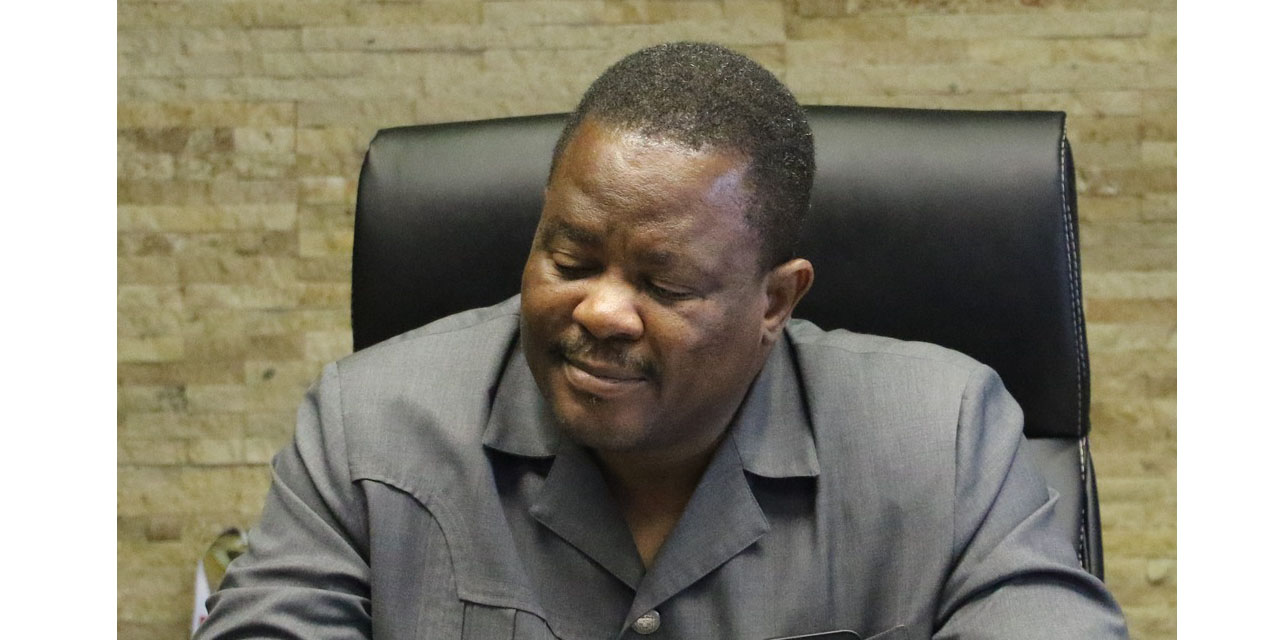Martin Endjala
The Electricity Control Board has expressed disappointment with 37 distribution licensees who have not yet applied for the review of their tariffs while the deadline of the end of July is closing in.
“It is very disheartening that we have to do their work for them. If applications are not received by the end of July, we will review them using our available data for each licensee and issue revised tariffs by the end of August,” the ECB’s Chief Executive Officer, Robert Kahimise said during a media briefing yesterday.
Kahimise provided clarity on how Nampower’s bulk customers applied for a tariff review and percentages approved, as per the legal provisions.
All licensees are required to implement tariffs as approved by the ECB.
Kahimise said that 37 distribution licensees, mostly in southern Namibia, have not applied yet.
“You are in an electricity business you know that your electricity revenue is driven by two components, it’s the tariff adjustment and volumes. We all know that volumes are under pressure due to the activities of the economy and general consumption, now if you just reluctantly or whatever the reasons you don’t apply, you are killing the electricity business,” Kahimise said.
Kahimise suggested that the 37 licensees should consider passing the responsibility on to more capable hands.
‘This means current councils, regional councils, village councils, and local authorities entrusted with the distribution of electricity have not been up to standard. I can say that because we have proof,” he said.
He went on to say that he wants the licensees to provide an alternative business model that can ensure that electricity distribution in the South is done effectively, efficiently and to the satisfaction of consumers.
Kahimise also suggested that a proposed Southern Regional Electricity Distributor (SoRed) that has emerged from discussions, might hold the solution to their problems.
“A regional electricity distributor as proposed by the Southerners themselves, could address some of these issues including affordability. If you have a bigger vehicle, it can engage an Independent Power Purchase agreement from generation companies. Such a company will be able to buy electricity directly from independent electricity generators,” he said.
Kahimise explained that the ECB is not imposing any business model on anyone or any region.
“We only request that licensees create a new business model that will move them from where they are to where they are supposed to be,” he said.
He explained that the proposed company will not be a typical RED because it will not involve shareholding by NamPower. He suggested that the shareholding should be made up of the various licensees along with their existing infrastructure.
Kahimise said that the NamPower tariff increase announced in May this year should only be regarded as an average increase. The tariff only impacts 70 percent of the distribution costs while 30 percent is costs related to the different licensees.
Tariff application by the distribution licensees will mainly be linked to operational efficiencies of the specific licensee including the level of cost reflectivity of their tariffs.
Nampower’s bulk customers include Regional Electricity Distributors (REDs), Local Authorities, Regional Councils and Mines, the distribution utilities which amount to 50 also include Farmer Schemes which are all required to apply to the ECB for a review of their distribution tariffs, when approved, will apply to end customers effective that year and in this case 1 July 2023.
Kahimise said that the issue with distributors in terms of the energy supply chain which involves generation, transmission and distribution, as opposed to concerns of tariffs being too high, he stressed that not all distributors’ cost is directly impacted by the supply chain or by bulk tariff increases.
He further reiterated that all distribution utilities were urged and formally requested to apply for their annual tariff reviews before the end of May this year and utilities that did not apply for tariff adjustments in time to coincide with the implementation of the bulk tariffs, will lose revenue because they will be selling electricity based on outdated tariffs while purchasing on new tariffs, especially pre-paid revenue that is collected through prepaid sales.




